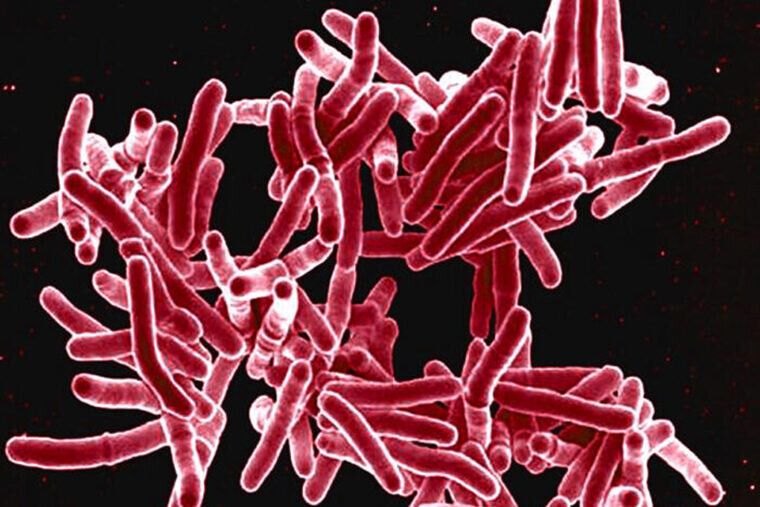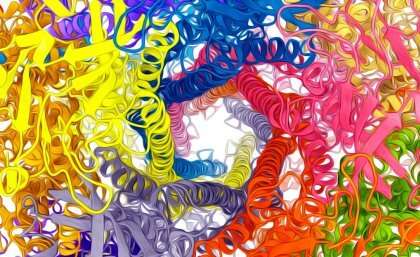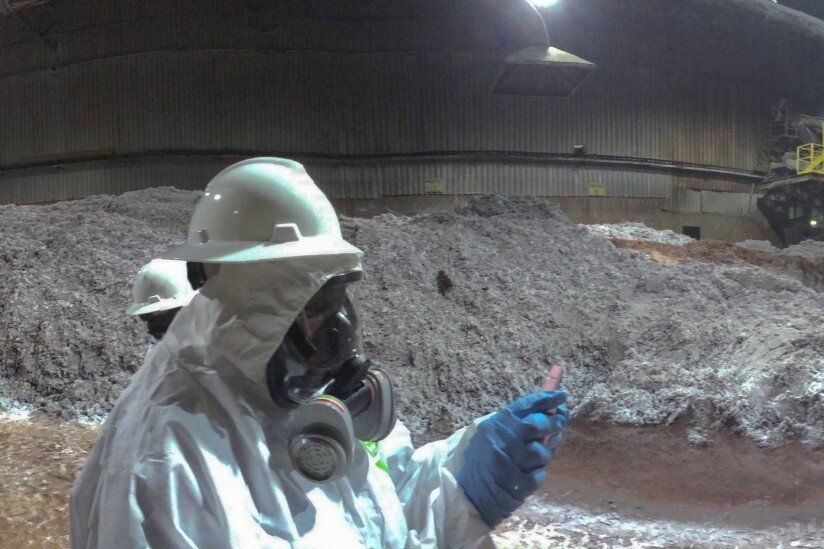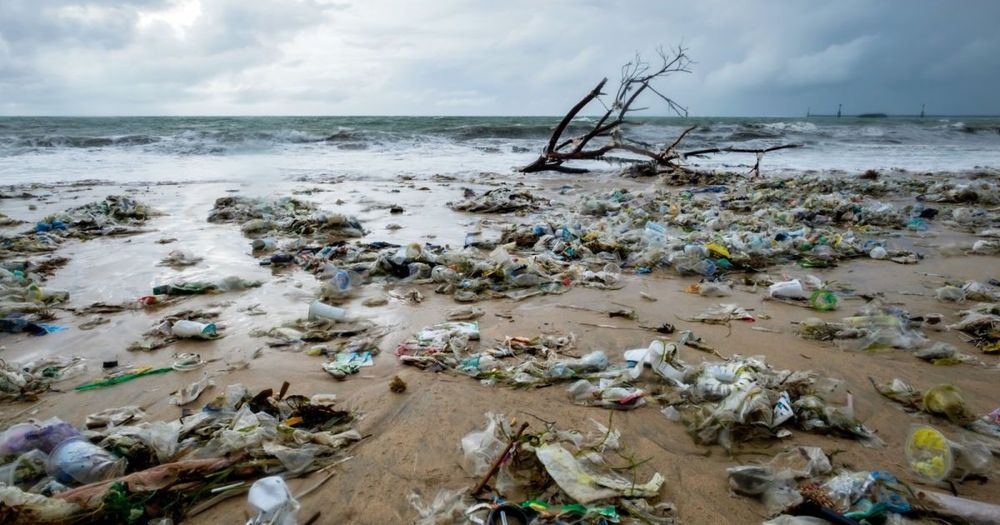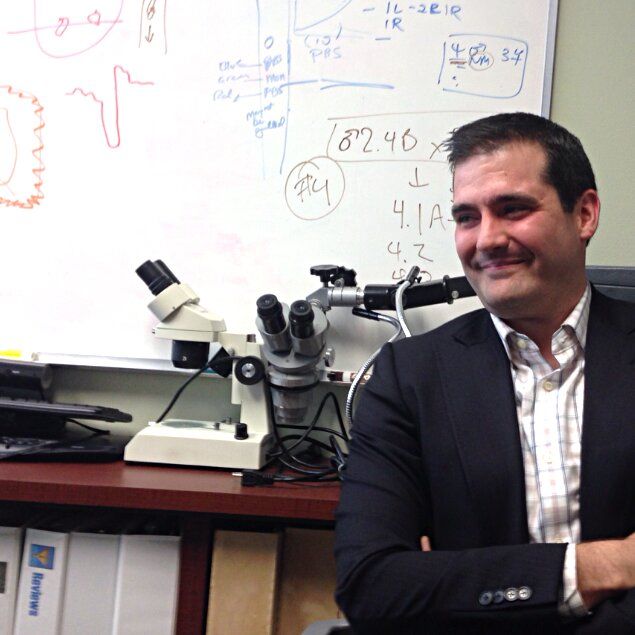
A discovery opens the possibility of one day restoring loss of vision by activating the retina’s ability to regenerate. Researchers at Baylor College of Medicine, the Cardiovascular Research Institute and the Texas Heart Institute reveal in the journal Cell Reports that although the mammalian retina—a layer of specialized nerve cells that mediates vision and is located on the back of the eye- does not spontaneously regenerate, it has a regenerative capacity that is kept dormant by a cellular mechanism called the Hippo pathway. The discovery opens the possibility of activating the retina’s ability to restore lost vision by manipulating this pathway.
“Damage to the retina can lead to irreparable loss of vision in humans and other mammals because their retinas do not regenerate,” said lead author Dr. Ross A. Poché, assistant professor of molecular physiology and biophysics and member of the Dan L Duncan Comprehensive Cancer Center at Baylor. “However, other animals such as zebrafish can reverse blindness thanks to specialized cells in the retina called Müller glial cells. When the retina is damaged, Müller glial cells proliferate and differentiate into the lost retinal neurons, effectively replacing injured cells with fully functional ones.”
Although Müller glial cells in injured mammalian retina do not restore vision as their counterpart in zebrafish do, other researchers have shown that, when the mammalian retina is injured, a small subset of Müller glial cells takes the first steps needed to enter the proliferation cycle, such as acquiring molecular markers scientists expect to see in a proliferating cell.
Continue reading “Researchers uncover mechanism blocking retina regeneration” »
